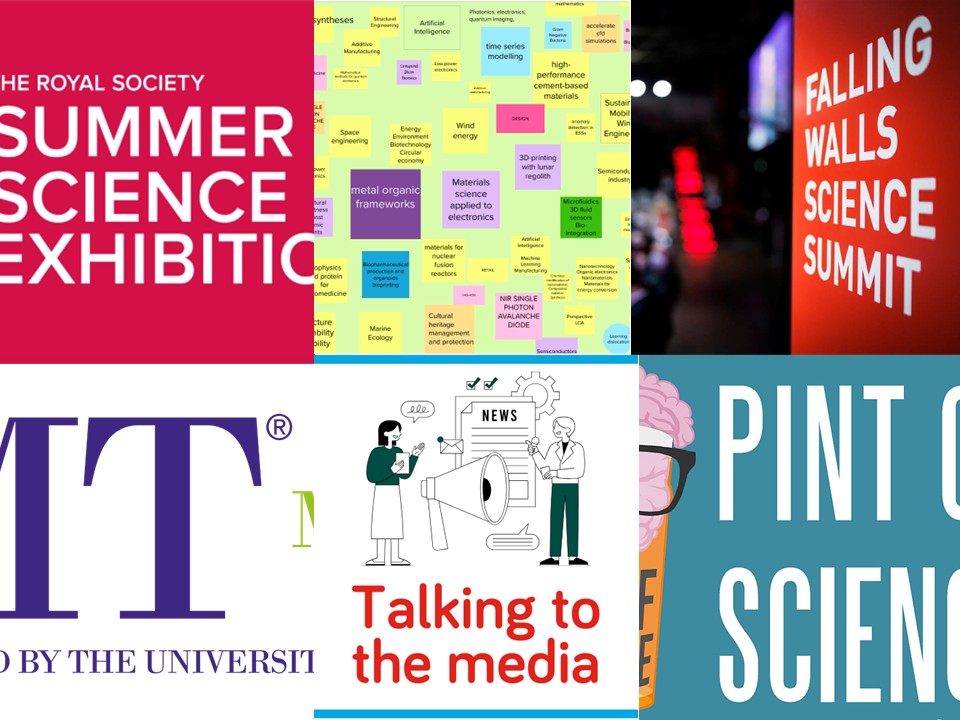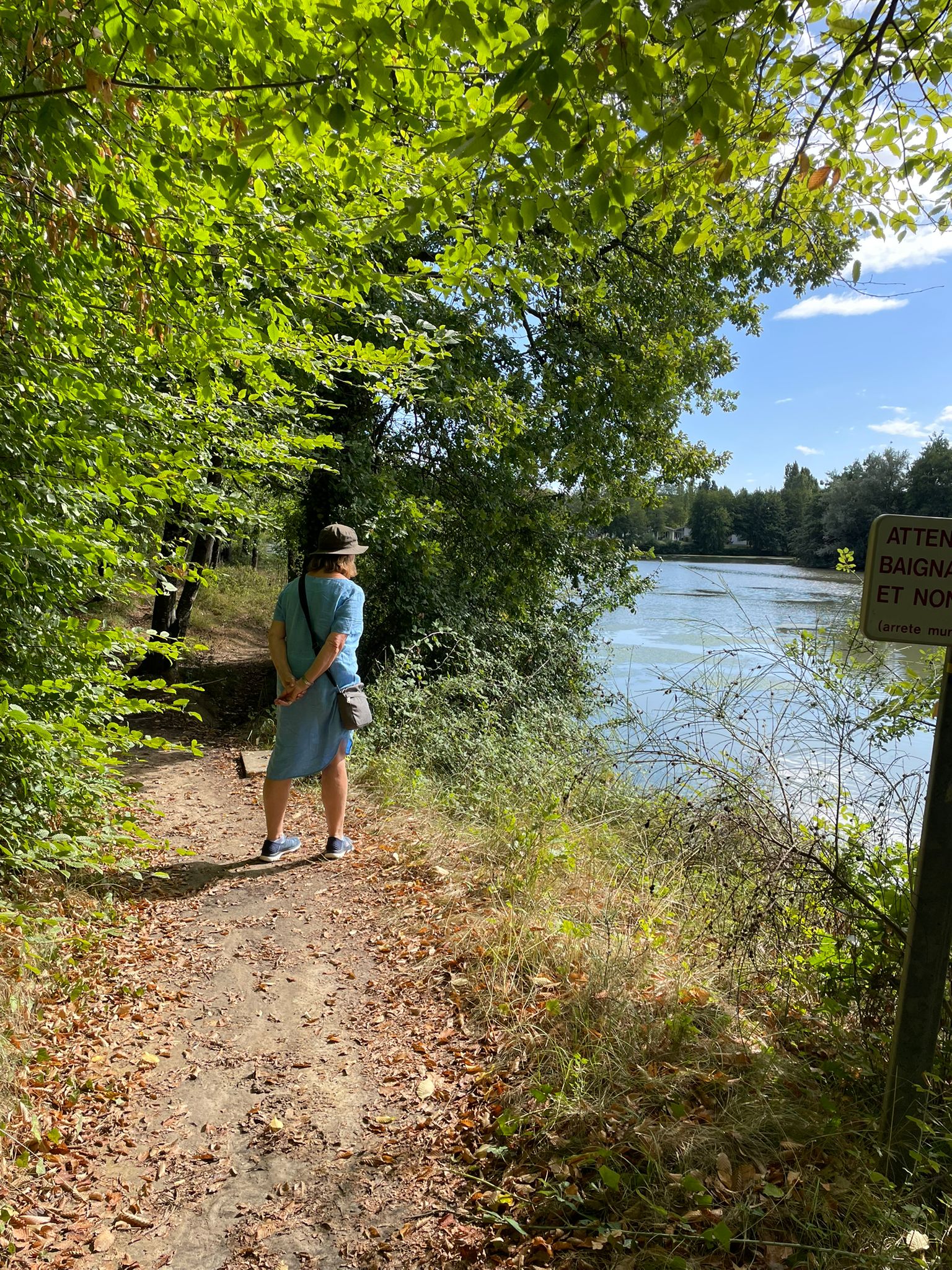
Can you describe your research in just a few sentences? How about in one sentence?
Or, better still, in only five words?
The art of simplification and summarisation is highly skilled (without the aid of AI of course!). You will need to use it during your PhD or postdoc when you submit your 100-word abstract for consideration at a scientific meeting. You’ll need to pull together your results into a meaningful message when you create your poster or prepare your talk.
Even more skill is required when explaining your science to general audiences, such as the public, schools, undergraduates and other non-specialist researchers (in other words, everyone outside of your specific field of expertise).
And the ultimate test is to answer the interview question, “Tell me about your research”, when the interviewer is a non-academic employer. Can you describe your many years of hard toil, numerous experiments, analyses, blood, sweat and tears in under one minute? Can you make it interesting and relevant, cutting out all the extraneous detail, in order to convince the employer to value your experiences and understand the thrust of your research aims and the significance of your conclusions?
Science communication, public engagement, media training and even teaching can help you to simplify your science and even to understand it better, by going back to first principles. Children, the public and journalists can ask the most basic questions, such as “Why do you do what you do?”, “What’s the point of what you do?”, forcing you to reflect on the very essence of your science, even to wonder why you chose to do it in the first place. I once posed this question to a high-profile professor and he said it made him re-think his whole life.
Powerful stuff indeed!
So, don’t dismiss this valuable side of your research experience. Communication is at the heart of every business, especially in industry, where you have to connect closely on a daily basis with non-specialists, who need to understand what you’re saying.
Doing outreach, going into schools, signing up for media training workshops, teaching or getting involved in initiatives, such as (to name but a few), 3-Minute Thesis (3MT), Pint of Science, Voice of Young Science, the Royal Society Summer Exhibition, café scientifique and Falling Walls (you can Google them to find out more) are fantastic ways to hone your summarisation and simplification skills, whilst meeting new people and having a great time too.
And if you’re not a person who likes to take to the stage, there are other ways to communication your science in writing, such as submitting an article to The Conversation, contributing to school or university magazines/newspapers, summarising others’ research post-conference in membership magazines or journals. You can even set up your own blog or post onto social media.
So, what are you waiting for?
Dive in and find the audience(s) you want to engage with, inspire and inform! And if you’re slightly daunted by the prospect, don’t worry – there are plenty of ways to get help honing your science communication skills these days. You can attend courses, visit your local science centre, learn from other professionals, such as Duncan Yellowlees and Alaina Levine (find them on LinkedIn), read popular science magazines, such as New Scientist, or simply start practising …..
